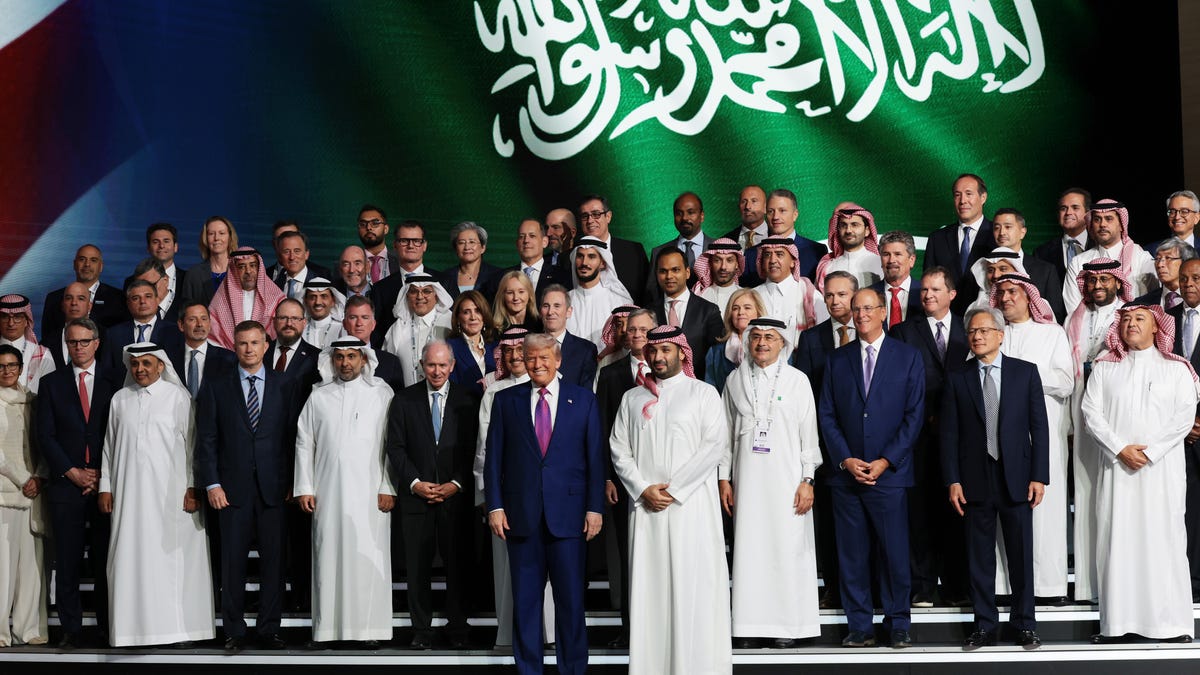US Revokes AI Chip Export Rule, Easing Pressure on Indian Cloud Firms

In a significant policy shift, the United States has rescinded its proposed Artificial Intelligence (AI) Diffusion Rule, providing much-needed relief to Indian cloud service providers and data center operators. The rule, initially introduced by the U.S. Commerce Department’s Bureau of Industry and Security (BIS), aimed to limit the export of advanced AI chips to over 100 countries, including India — a move that raised alarm across India’s rapidly growing tech sector.
The now-scrapped framework would have imposed an annual cap of 50,000 GPUs for India, potentially limiting the import of high-performance chips like Nvidia’s B200. Industry estimates suggested that, under the proposed total processing performance (TPP) limits, India may have been restricted to as few as 20,000 units — a major setback given the country's expanding demand for AI infrastructure.
Cloud and AI firms across India have welcomed the reversal. ESDS Software Solution, a cloud services provider that utilizes Nvidia A100 and H100 chips, expects the rollout of B200 GPUs in India within the next three to four months. However, ESDS CEO and Cloud Computing Innovation Council of India President, Piyush Somani, warned that the arrival of Nvidia's next-generation B300 chips could face delays of over a year without proactive policy measures.
“India’s AI compute demand has grown more than fivefold over the past 18 months, especially in sectors like banking, agritech, and government,” said Somani. “We cannot afford to depend on foreign platforms that allow Indian data to leave the country. Data sovereignty and AI self-reliance are national priorities.”
While the withdrawal of the export cap offers temporary reprieve, new measures introduced by the BIS are raising fresh concerns. The agency has declared that the use of Huawei’s Ascend AI chips — even outside China — constitutes a violation of U.S. export regulations. Although these chips are not commonly used in India, the decision underscores America’s broader strategy to limit China’s access to AI technologies.
Additionally, the BIS has advised U.S. companies to implement strict controls to prevent their AI chips from being diverted for Chinese use. One controversial provision requires tracking mechanisms to be embedded in chip shipments, regardless of their destination. Industry stakeholders in India fear this could increase costs and complicate logistics.
Deepika Giri, Assistant Vice President for Big Data Analytics and AI Research at IDC Asia Pacific, noted that enforcing such controls could prove technically challenging. “An alternative could be the use of digital license keys to restrict unauthorized usage — similar to software protections,” she suggested.
Meanwhile, Prateek Jhawar, Managing Director at Avendus Capital, downplayed the immediate impact of the Huawei restriction in India but acknowledged its geopolitical implications. “Huawei Ascend chips are primarily used within China, but the U.S. is keen to prevent them from becoming a low-cost global alternative to Nvidia’s GPUs,” he said. He added that clarity is still needed on how the U.S. plans to monitor compliance and penalize violations.
The Biden-era rule's cancellation aligns with the Trump administration's stated aim to pursue a “bold and inclusive” strategy — one that fosters the global spread of American AI technologies among trusted allies, while tightening restrictions on adversaries.
As India positions itself as a global AI hub, maintaining steady access to cutting-edge hardware will be crucial. The recent U.S. policy shift marks a positive step, but industry leaders caution that long-term success will depend on clear, stable, and collaborative regulations between nations.
You may also like...
Diddy's Legal Troubles & Racketeering Trial

Music mogul Sean 'Diddy' Combs was acquitted of sex trafficking and racketeering charges but convicted on transportation...
Thomas Partey Faces Rape & Sexual Assault Charges

Former Arsenal midfielder Thomas Partey has been formally charged with multiple counts of rape and sexual assault by UK ...
Nigeria Universities Changes Admission Policies

JAMB has clarified its admission policies, rectifying a student's status, reiterating the necessity of its Central Admis...
Ghana's Economic Reforms & Gold Sector Initiatives

Ghana is undertaking a comprehensive economic overhaul with President John Dramani Mahama's 24-Hour Economy and Accelera...
WAFCON 2024 African Women's Football Tournament

The 2024 Women's Africa Cup of Nations opened with thrilling matches, seeing Nigeria's Super Falcons secure a dominant 3...
Emergence & Dynamics of Nigeria's ADC Coalition

A new opposition coalition, led by the African Democratic Congress (ADC), is emerging to challenge President Bola Ahmed ...
Demise of Olubadan of Ibadanland
Oba Owolabi Olakulehin, the 43rd Olubadan of Ibadanland, has died at 90, concluding a life of distinguished service in t...
Death of Nigerian Goalkeeping Legend Peter Rufai

Nigerian football mourns the death of legendary Super Eagles goalkeeper Peter Rufai, who passed away at 61. Known as 'Do...




